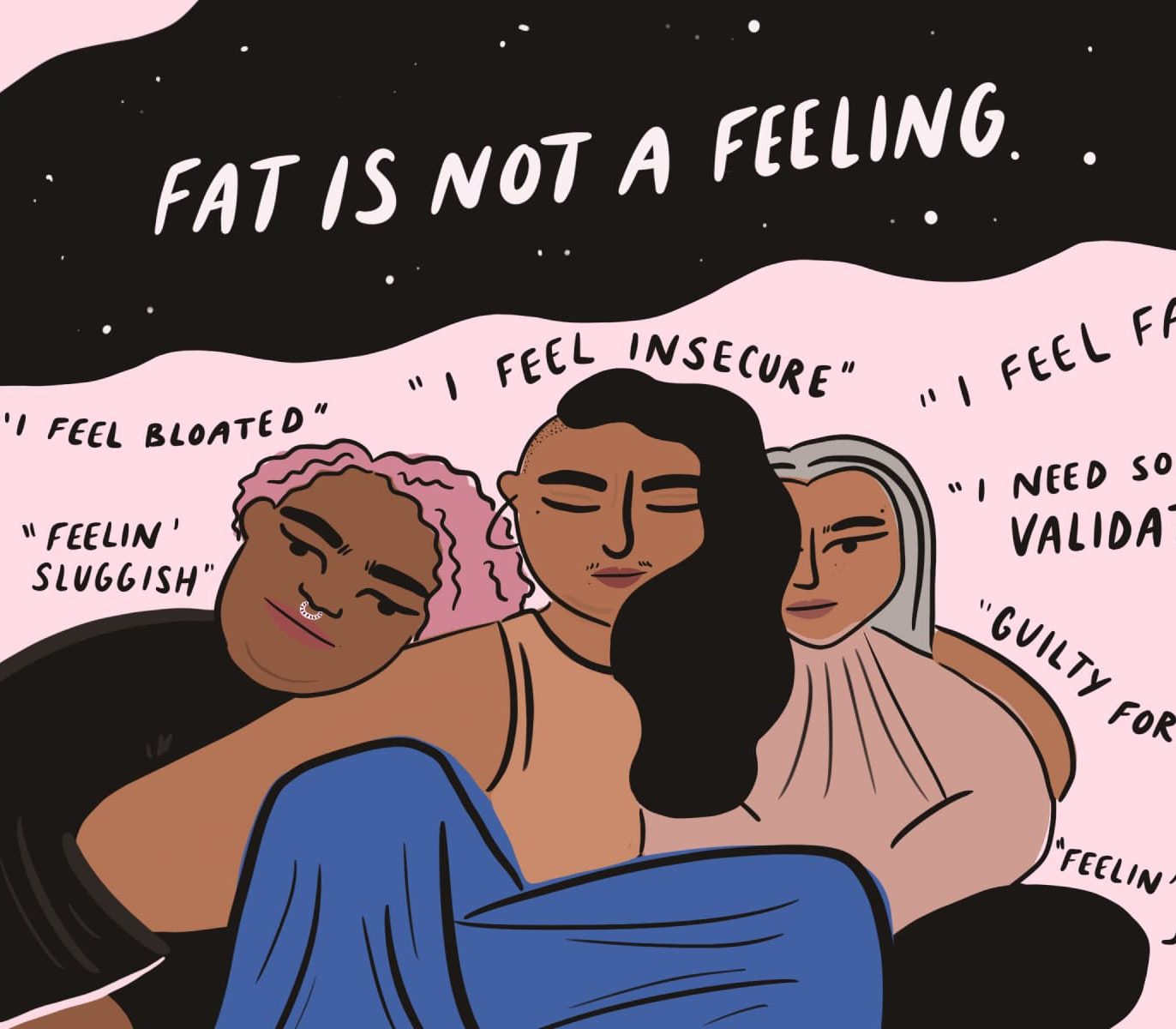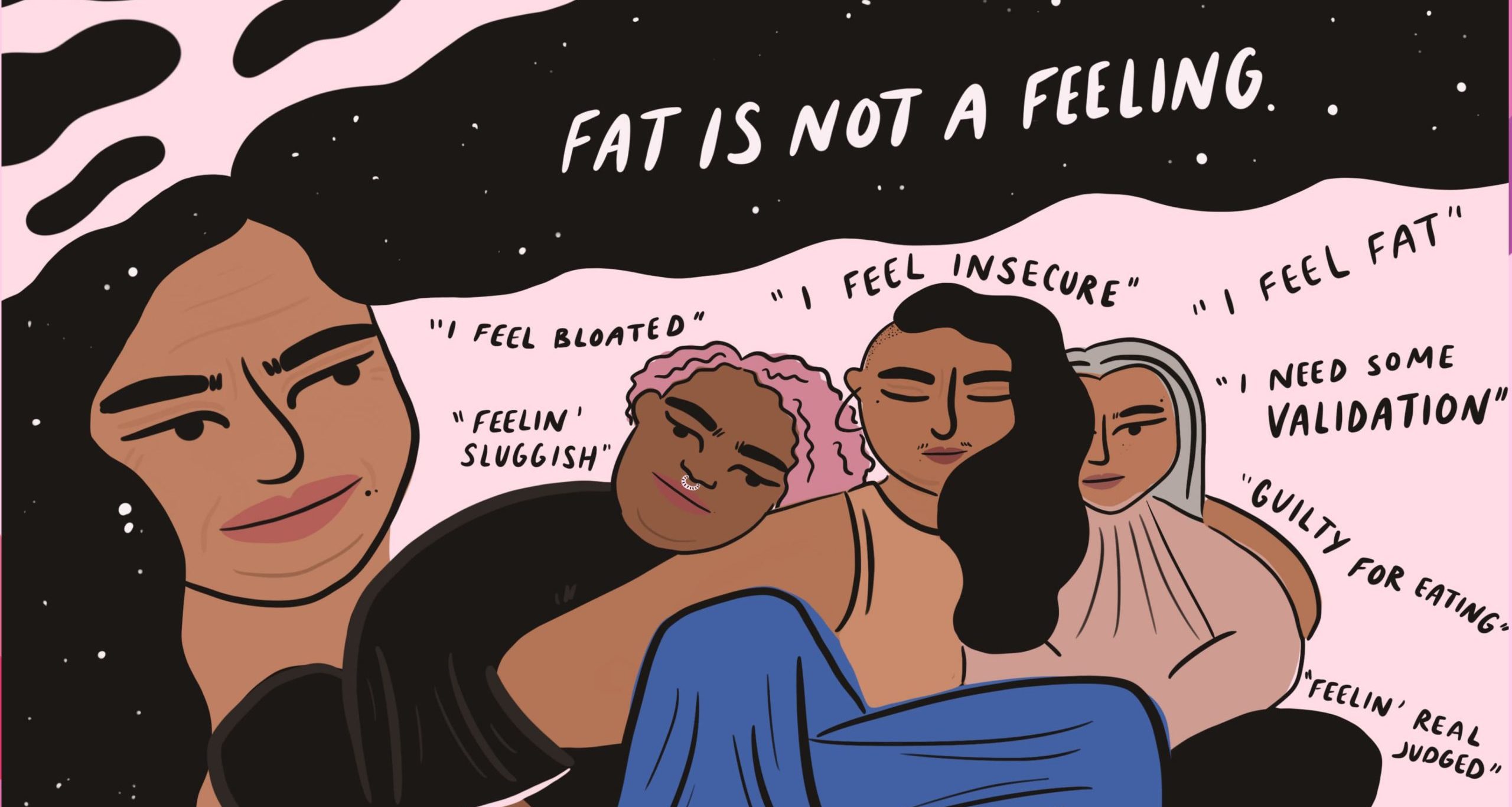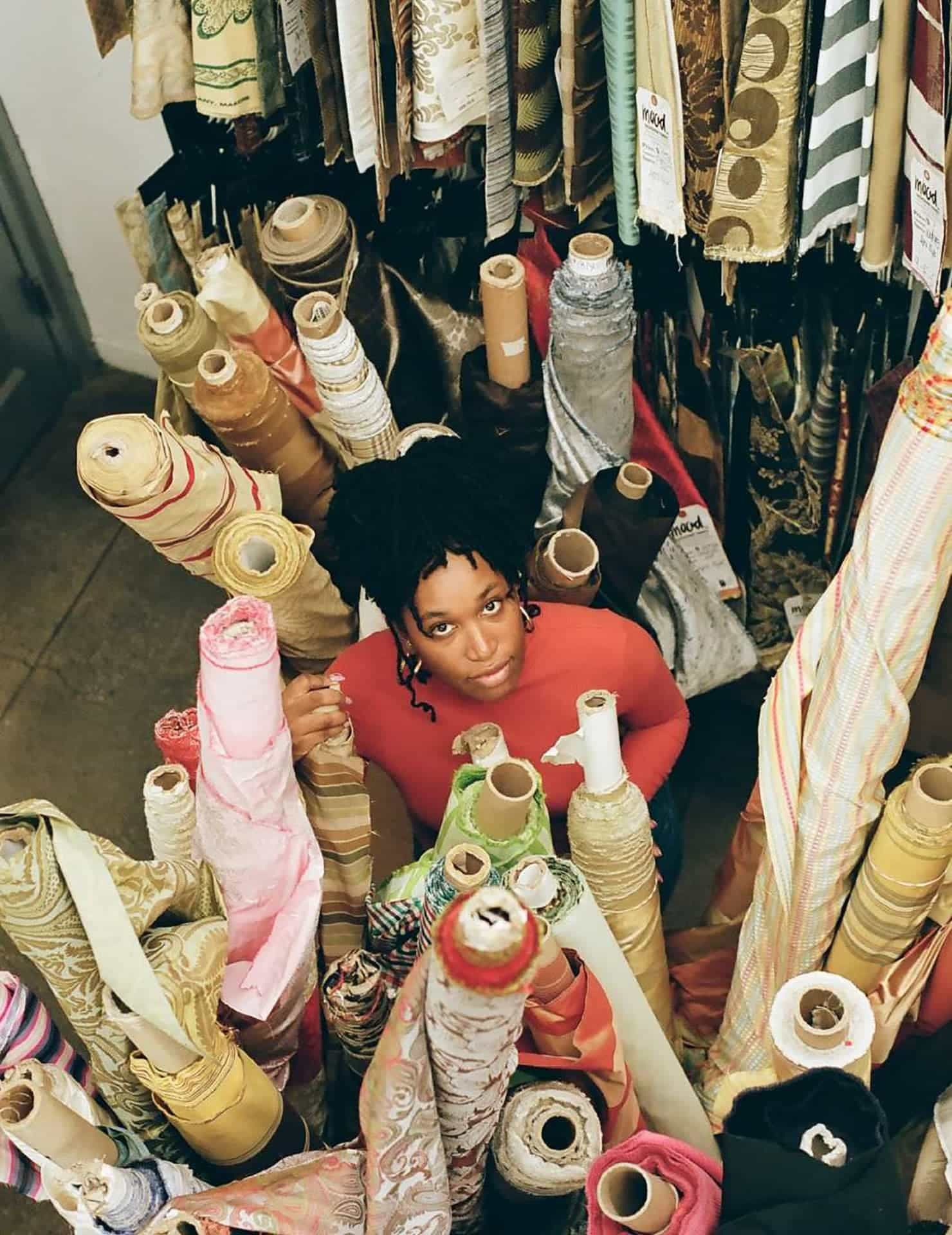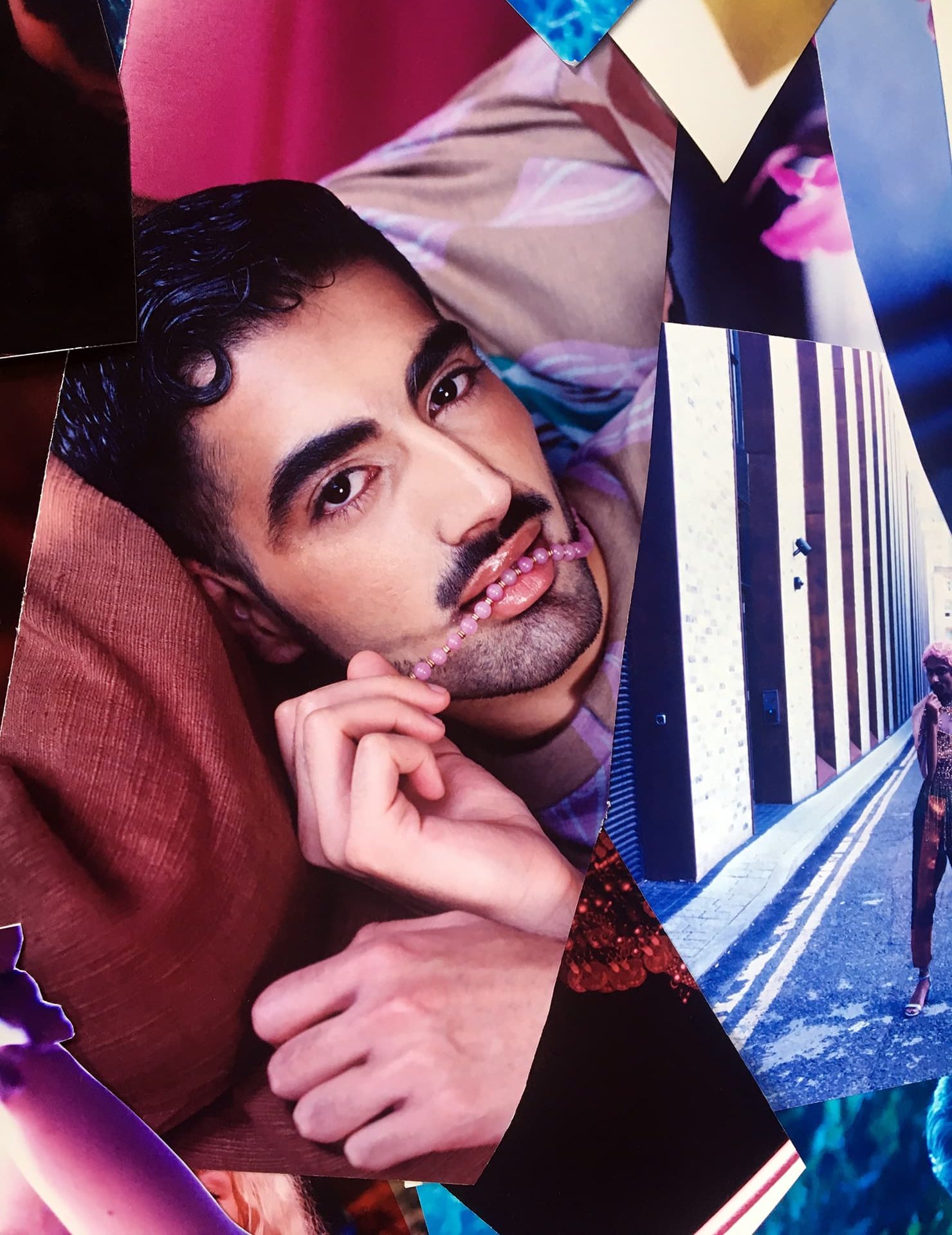Thinner friends don’t mean to hurt me when they tell me they “feel fat” but they do. My body becomes a prop for their low self esteem, and I am tasked with bearing the weight of their shame.
They say “I feel fat” when they worry that they are unlovable, undesirable, lazy, broken.
These moments are exhausting not only because of what they reveal about friends’ self esteem, but also because of what they reveal about what they believe is necessarily attached to bodies like mine. They say “I feel fat” when they worry that they are unlovable, undesirable, lazy, broken. The insult they hurl at themselves is that they might just look like I do. It’s hard not to be hurt by that.
But “fat” isn’t an emotion. It’s a body type. And it’s my body type. It’s painful to watch my friends in pain, and hearing my body insulted in the process hurts all the more.
When I speak with other fat people about this phenomenon, I find even deeper exhaustion, exasperation and erasure than my own. Many share stories of the slow drift away from thin friends who stubbornly refuse to stop using our bodies as metaphors, and we’re not the only ones. Clinical research has shown that negative body talk is contagious and can hurt friends’ body image and reinforce disordered eating. All that hurt, just from one small phrase.
No, fat is not a feeling. But reaching for words that more precisely describe our actual emotions can help all of us get the emotional support we need and can spare our fat friends both insult and injury in the process. If you think you’re “feeling fat,” here are some things you might be feeling instead:






